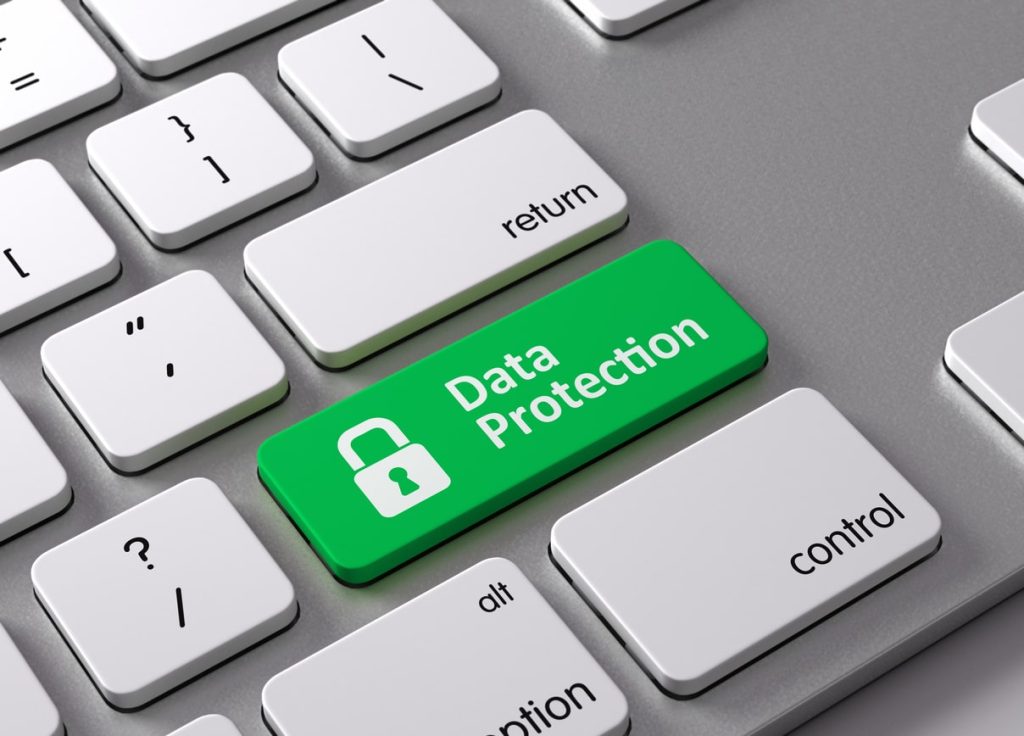From fraudsters seeking to steal financial details to ransomware operators using social engineering to infiltrate, online threats targeting individuals create serious risks for companies. The following are eight useful tips for enterprise professionals to keep both their personal information and their firms safe from harm.
1. Adopt powerful passwords
Passphrases are superior to passwords when creating stronger security. They should never be shared or stored on systems and should comprise a complex mixture of letters and symbols. Duplicate passwords should not be used for multiple accounts, and all passwords should be updated regularly. Passwords management tools can also be beneficial in simplifying their implementation.
2. Ensure software stays current
Whether it’s in your applications or operating system, patching vulnerabilities in outdated software is critical. Use an automatic system for updates and ensure your browser automatically installs security upgrades. All plugins, like Java or Flash, must be kept current too.
3. Employ multi-factor authentication
Employing multiple authentication methods can add an extra defensive layer to your accounts. Unless a hacker has access to your personal devices as well as your online accounts, they will find it far harder to invade your data. Multi-factor authentication methods typically involve a code being sent to your mobile phone so you can verify you are trying to enter your accounts.
4. Use a firewall and effective anti-virus
Establishing a firewall is crucial to defend data from attacks, as it assists in screening out viruses, hackers and other internet threats, along with limiting traffic entering devices. Networks should also be protected with routers in-built with firewalls. Anti-virus software can support the firewall blocking viruses and other malware entering connected devices.
5. Educate yourself on phishing tactics
Forewarned is forearmed when it comes to phishing emails. Stay informed on the latest techniques and tactics used by scammers to help you identify these insidious attacks when you come across them. Never divulge sensitive or personal information via email or click on links and download data from suspicious attachments contained in communications. Remember to report incidents whenever encountered.
6. Protect your personal information
Personal Identifiable Information (PII) refers to data that can be employed by a hacker to locate or identify a specific person. Examples of PII include names, addresses, dates of birth and financial details like credit card numbers. Avoid exposing your PII in online accounts and on social media, and always keep reviewing your privacy and security settings.
7. Use a Virtual Private Network
Unless you are utilising a Virtual Private Network (VPN), you should never make use of Wi-Fi that is open to the public. When you use a VPN, any traffic between the VPN server and your dedicated device will be effectively encrypted. This makes it far harder for hackers to acquire access to your personal data.
8. Employ a comprehensive security solution
At Galaxkey, we have developed a secure platform to provide users with a safe environment to work. With multiple features to safeguard personal data and three-layer encryption, our system offers enterprise professionals the tools they need to remain protected. Contact our expert team today for a free, 14-day trial.



